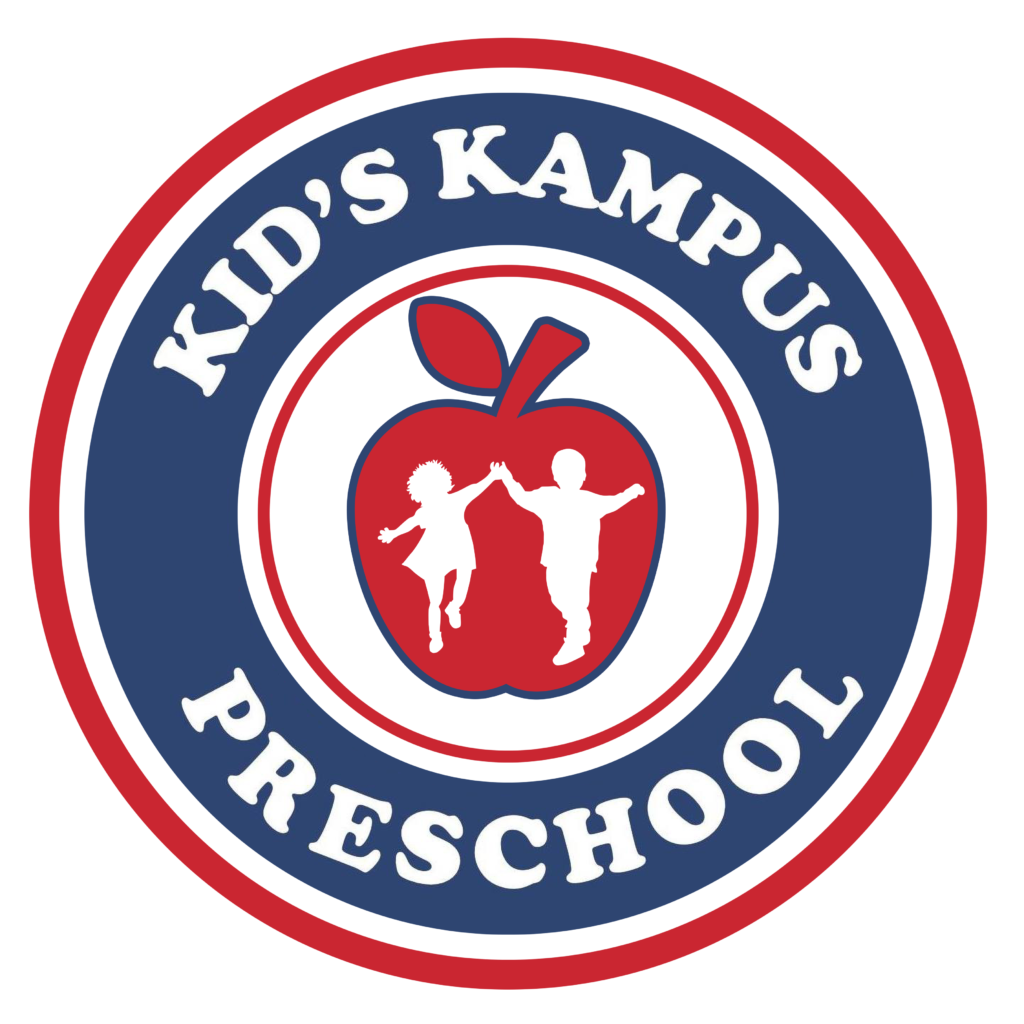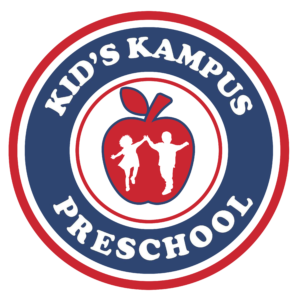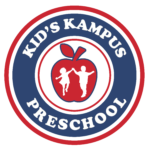Autumn can be a fun and convenient time to start working with your preschool age child on their vocabulary. There are a variety of ways to do this. It might be a bit confusing at first on which ways benefit young children the most. We’ve crafted a small but detailed list to take you through some of the top activities to teach vocabulary to preschool students.
Start Introducing New Words Into The Conversation

Before we dig in, take a moment to remember one crucial thing: you’re one of the biggest influences for your child. This means you have a huge impact on everything they learn. With that in mind, try to introduce your child to new words that you know they have not heard yet. It’s best to find ways to do this as smoothly as possible, placing the words in normal conversations.
For example, since it’s autumn, you could do some fall activities with your child and talk about fall words. You could help your child rake leaves into a pile for jumping and explain what a leaf is, a rake’s purpose, or both. You could try to introduce more complex words this way too, by letting your child know that a rake is for “gardening”. We recommend doing it this way because young children already begin to derive meanings from context. Keep some of the words related to the context of your activities. This is to increase your child’s vocabulary in a more natural way.
Add New Concepts Too
Along with new words, don’t be afraid to try new concepts either. You can use the colors of the leaves for example. Explain that the brown leaves match your child’s brown jacket, thus they go together.
Use Topics They Already Like
At this age, it’s easy for children to fixate on one or two favorite things. While this tendency has the potential to annoy you as a parent, it can be very helpful if your goal is to increase your child’s vocabulary. It’s common for early childhood education centers, such as the Justin preschool, to use interests as vocabulary activities for preschoolers.
The next time your child is trying to tell you something they find interesting about one of their favorite hobbies, get engaged. This way you can pepper in some terminology that is new to them. For example, if your child likes dinosaurs you could tell them about jobs related to paleontology.
Of course, you don’t expect the child to learn a word such as this at their age. But, related terms like bones, discovery, and exploring are good. Picking their favorite subjects is a great move because kids get very engaged in the conversation. Because they like these topics, they are more likely to remember the new words and how to use them the correct way.
Let The Child Speak
It may sound obvious at first but one of the best methods of building your child’s vocabulary is to let them talk. This will give your preschooler an opportunity to practice speaking in complete sentences. Keep in mind that it’s important both emotionally and practically for you to give your child some attention, as well as make an effort to understand the ideas they’re trying to convey. This builds their confidence and gives you more opportunities to expand on what they want to say and the words to do so.
The more they see you’re engaged with them, the more they’ll come to realize there is value in what they say and how they say it. Pick out some activities that are easy to talk about, such as what’s going on during a day out, or things happening in their favorite bedtime story.
Keep It Fun
This is more of a general guideline for everything we’ve posted above. You should talk about fun things with your child when working on their speech and language development. As they grow, it will come naturally with your help. Have fun helping your child work on their language skills!



